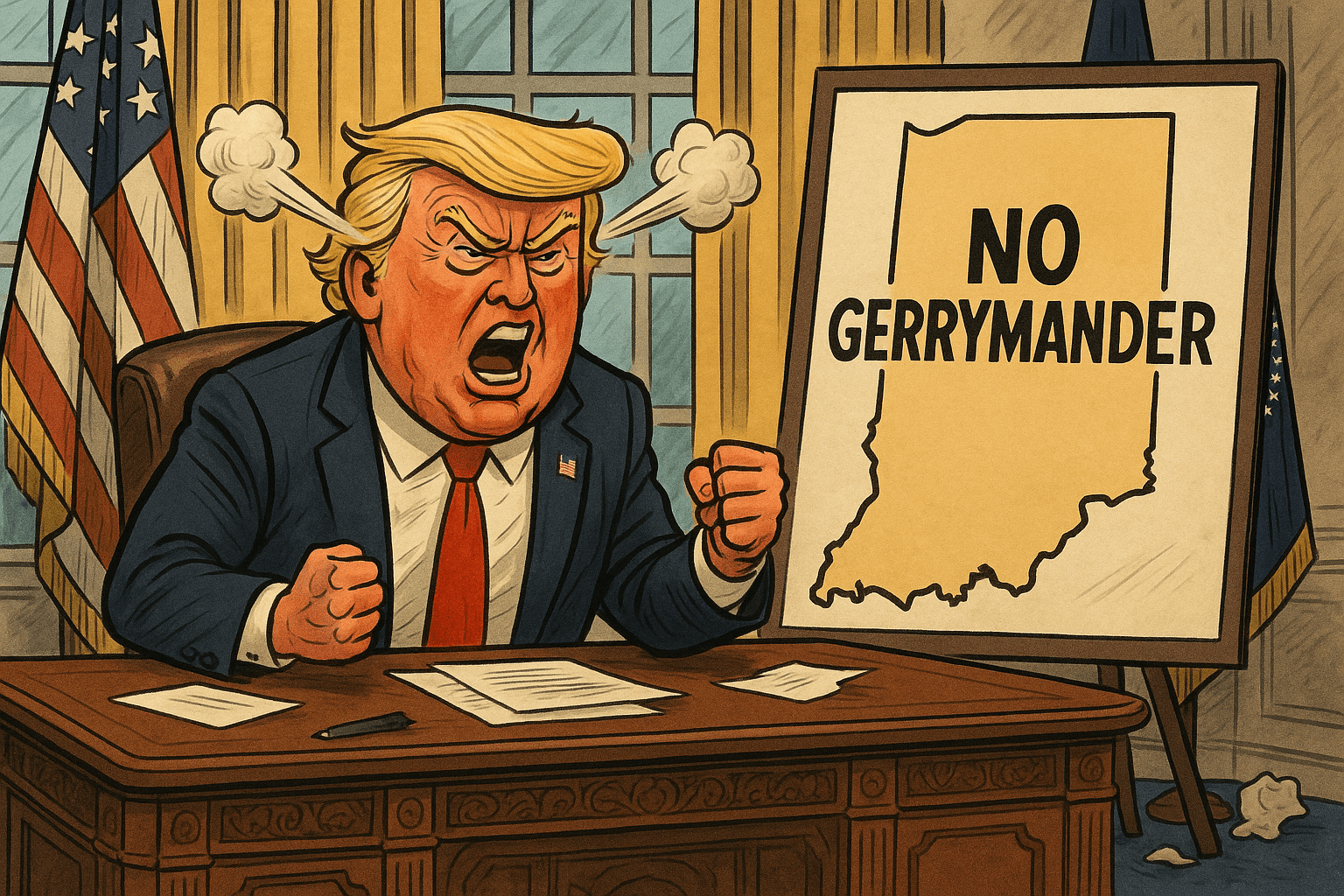2022 Primaries Highlight Worsening Effect of Minority Rule

US primaries can be summed up in two words: Minority rule.
A new report from FairVote found that 120 major party candidates in statewide and congressional primary elections won with less than 50% of the vote in 2022. Forty-three of the candidates won with less than 35% of the vote.
The stats are made more abysmal by the reality that most elections are decided in these low-turnout, taxpayer-funded primaries -- which means elections are being decided by the most partisan of voters.
“Instead of majority rule, our primaries have become a race to the bottom – who can win with the fewest votes?” FairVote President and CEO Rob Richie said.
“And with more than 90 percent of congressional districts so partisan that the election is decided in the primary, our elected officials are increasingly chosen by only a fraction of a fraction of the electorate.
The new report is a follow up to similar analysis conducted in August, after most (but not all) primary elections were in the books. At that point in the election cycle, 55 statewide and congressional candidates won their primaries with a mere plurality of the vote. In the small window that remained for primary elections, the initial total increased by 118%.
Here are some big takeaways from the latest report:
Thirty-two of the primary winners have all but secured office by winning the primary because they are in districts/states that overwhelmingly favor one party or the other. 41 million Americans will be represented by at least one non-majority winner.
“Examples on the Democratic side include congressional nominees Daniel Goldman (NY-10), Jonathan Jackson (IL-1), and Shri Thanedar (MI-13) – all won their primary with less than 30% of the vote,” reported FairVote in a press release.
Thirty-seven of the primary winners are in what FairVote has determined to be “highly competitive” elections, meaning there may not be party unity behind them, and they "may not be putting their best foot forward” in an otherwise winnable election.
“Examples include Republican U.S. Senate nominees Don Bolduc (NH), Blake Masters (AZ), Mehmet Oz (PA), and J.D. Vance (OH) – all won their primary with 40% of the vote or less,” reported FairVote.
In some cases, states will conduct runoff primary elections in the event a candidate does not get 50%+1 of the vote. These elections are scheduled for awkward times in an election year, and often only bring in (at most) half of an already marginal percentage of voters that show up for the primaries.
For example, Texas spends an additional $6 million on primary runoffs that turn out such a low number of voters that statewide Republicans can advance to the general election with less than 4% of eligible voters.
The runoff elections do nothing more than compound the issue of minority rule.
FairVote is the nation’s leading advocate for ranked choice voting, and believes the voting method is critical to ending minority-rule elections. It allows voters to rank candidates in order of preference and eliminates the need for a runoff to determine a majority winner.
“Ranked choice voting dramatically improves voters’ choices, and makes for stronger candidates coming out of primaries. That’s why more cities and states are embracing RCV and making it the fastest-growing nonpartisan voting reform in the country,” said Richie.
Ranked choice voting is now used in 56 jurisdictions, most of which are cities, but also include statewide elections in Maine and Alaska. A new approach is to combine the reform with nonpartisan primaries to increase voter inclusion, fairness, equity, and accountability in elections.
Ranked choice voting will be on a record number of ballots in 2022.
 Shawn Griffiths
Shawn Griffiths





